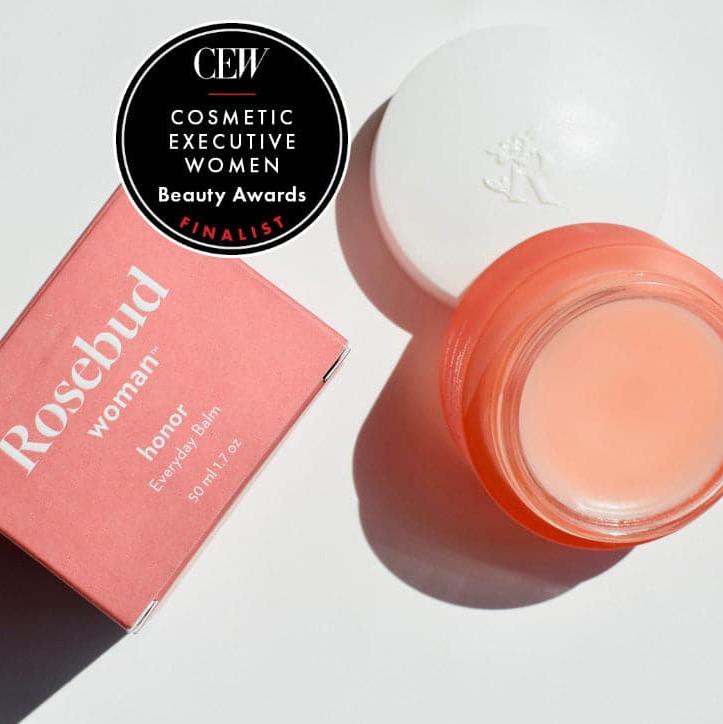Pain During Sex Is NOT Normal from our Healthcare Partner, Southern Pelvic Health
A feature from our Healthcare Partner, Southern Pelvic Health.
I often get asked why I chose to become a pelvic PT. Many people postulate that I have my own pelvic health challenges (I do...but those came later after 2 c-sections). Others assume I've always been super into the pelvis. But neither is really the case. The answer is quite a long one... but, honestly, it all came down to the patients.
Sometimes you have a moment in time that ends up defining the trajectory of your life (if you know, you know). And for me, this moment happen during a rotation in Shreveport, LA, while I was working on my Doctor of Physical Therapy degree through Duke University. I had an amazing clinical instructor (Darla Cathcart, who I now teach with through Herman & Wallace), and we were working with a patient who had been experiencing painful sex for as long as she had ever tried to have sex. I remember her talking with us during her initial evaluation, telling us about the relationships that had ended because of this, and tearfully explaining how she wanted this to not be a factor for her current relationship.
Fast forward, several visits later, she came in for her session, sat down, and started crying. She looked up and said, "I had sex, and it didn't hurt." I still get goosebumps as I right this. I got goosebumps in that moment. And, it was then and there that I KNEW that I had to help more people like her. I felt such clarity in my path. And I have never looked back.
Painful sex is extremely common. In fact, some studies show that it impacts around 20% of women. Yes, my friend, that is 1 in 5. However, women aren't the only ones dealing with pain during or after sex. All people can deal with it-- regardless of gender or anatomy. And, it really tends to be one of those things that just isn't talked about. Nearly every time I post about painful sex on social media, I end up with private messages from people who have been dealing with pain for years, and just thought it was normal. Common does not mean normal. A little louder (for the people in the back):
Just because pain during sex is common, does NOT mean it is normal. Not if you:
-
Have had a baby
-
Have never had sex before
-
Have had sex a lot
-
Have been told you are small
-
Think your partner may be large
-
Have had problems with bladder or other infections
-
Have sensitive skin
-
Anything else
While some of these factors may make someone more likely to have pain during sex (like if you had a baby and had a tear that took a while to heal), this still does not mean that pain is just something you have to deal with. Honestly, there are so many reasons why someone might have pain with sex. It could be related to:
-
Decreased lubrication
-
Hormones
-
Inflammation
-
Neural sensitivity
-
Dermatological conditions
-
Painful scar tissue
-
Orthopedic challenges (especially around the hip or low back)
-
Bowel dysfunction (hello constipation)
-
Conditions like endometriosis/adenomyosis, painful bladder syndrome/IC, or others.
-
Pelvic floor and abdominal muscle challenges
And many, many other things! And so so many different treatments to help! This can include finding the right moisturizers and lubricants for your body, additional medical interventions (medications, hormone creams, and more!) and working with a pelvic health specialist to help you optimize your pelvic floor muscles (through gentle manual therapy techniques, home exercises, lots of education, and a whole lot more!)
If You’ve Been Dealing With Pain During Sex, Please Know That You Are Not Alone.
So so many other people deal with this too. And the great news is that enjoyable sex is possible for you. We can get there. There is treatment available. There are compassionate clinicians who care (if yours didn’t, pllleeeeasssseee go see a new one!). And we can work together to get you feeling better.
Read more at Southern Pelvic Health.
























